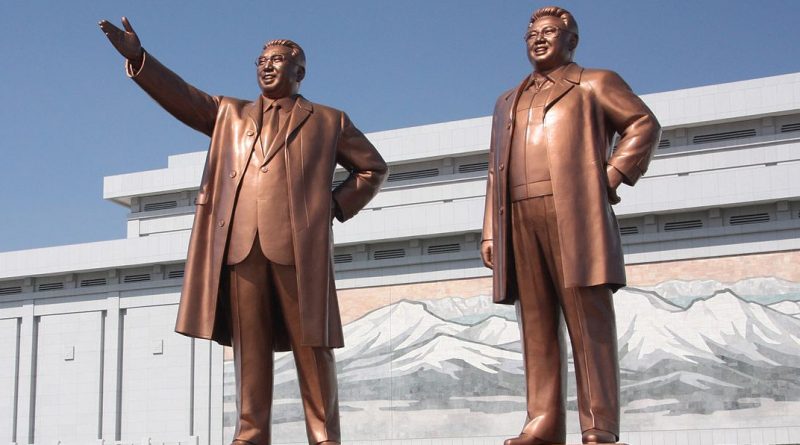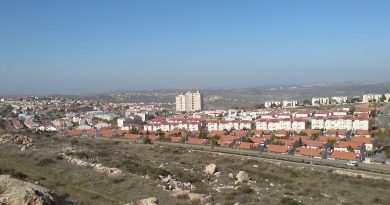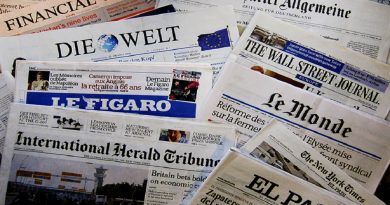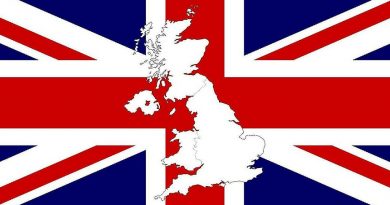10 Things to Read About North Korea’s Nuclear Path
Tensions have been running high in the Korean Peninsula since the beginning of 2016, as North Korea conducted two nuclear tests since then. In addition, North Korea has been seeking to further develop its uranium-enrichment program, which is currently self-sufficient and supported by the country’s vast uranium reserves.
With these developments in mind, we have compiled a list of ten publications that can provide our readers with more information on this increasingly important subject in the field of international studies.
1. Illicit activity and proliferation
In a 2007 article, Sheena Chestnut suggests that potential nuclear exports from North Korea are a reason for concern. The author blames the country’s well established smuggling networks and need for hard currency.
2. Uncertain allies or uncomfortable neighbors?
Published by Jaeho Chung and Myunghae Choi, this 2013 work goes over Chinese and North Korea’s relationship. The article argues that, for geographic and strategic reasons, Beijing cannot afford to put Pyongyang in an ‘adversary position’.
3. The role of the European Union
In a 2016 article, Moosung Lee examines how regional integration can contribute to solve the ongoing North Korean nuclear crisis. Lee argues that this has been encouraged in a consistent manner by the EU, as an essential component of the latter’s Asian policy.
4. A dilemma on the Korean Peninsula
Intaek Hyun argues, in this 2016 paper, that Korea should exhaust every possible option in an effort to pursue North Korea’s ‘denuclearization’ by using a combination of diplomatic, military, and political means. The author also argues that Korea should prepare for a worst-case scenario.
5. Washington’s failure
This 2016 work, authored by Niv Farrago, suggests a new approach towards solving the North Korean nuclear crisis. The author suggests that the country’s relations with the US be reshaped, in a process where economic assistance would be used as an incentive for nuclear disarmament.
6. Japan’s Recalibration of Risk
This 2014 book by Ra Mason studies the concept of risk in the field of international relations. It analyzes how Japan has dealt with North Korea in the post-Cold War period.
7. The Sino-Russian partnership and US policy
David Kerr analyses, in this 2005 article, the foreign policies of the US, Russia, and China. Kerr concludes that the latter two countries have collaborated over the North Korean nuclear crisis in order to prevent a multilateral US solution to the problem.
8. Nuclear Diplomacy
This 2016 report, submitted by Emma Chanlett-Avery, Ian Rinehart, and Mary Nikitin, tries to answer several questions regarding US policy towards North Korea. The main focus of the report is the Asian country’s nuclear advances, and the stalled negotiation processes they have been a part of.
9. North Korea’s historical quest
This article, written by Walter Clemens in 2010, provides important revelations regarding how North Korea’s longstanding nuclear ambitions affected the country’s relationships with its allies.
10. Nuclear logics
This 2007 book, authored by Etel Solingen, attempts to explain why some countries renounce to nuclear weapons, while others embrace them. The book highlights the importance of leaders who advocate, or reject, integration in the global economy. Egypt, in the Middle East, and North Korea, in East Asia, are portrayed as anomalies within their respective regions.
Statues of Kim Il Sung (left) and Kim Jong Il, Pyongyang, Photo by J.A. de Roo / CC BY-SA 3.0
![]() This work is licensed under a Creative Commons Attribution-NonCommercial-ShareAlike 4.0 International License.
This work is licensed under a Creative Commons Attribution-NonCommercial-ShareAlike 4.0 International License.




